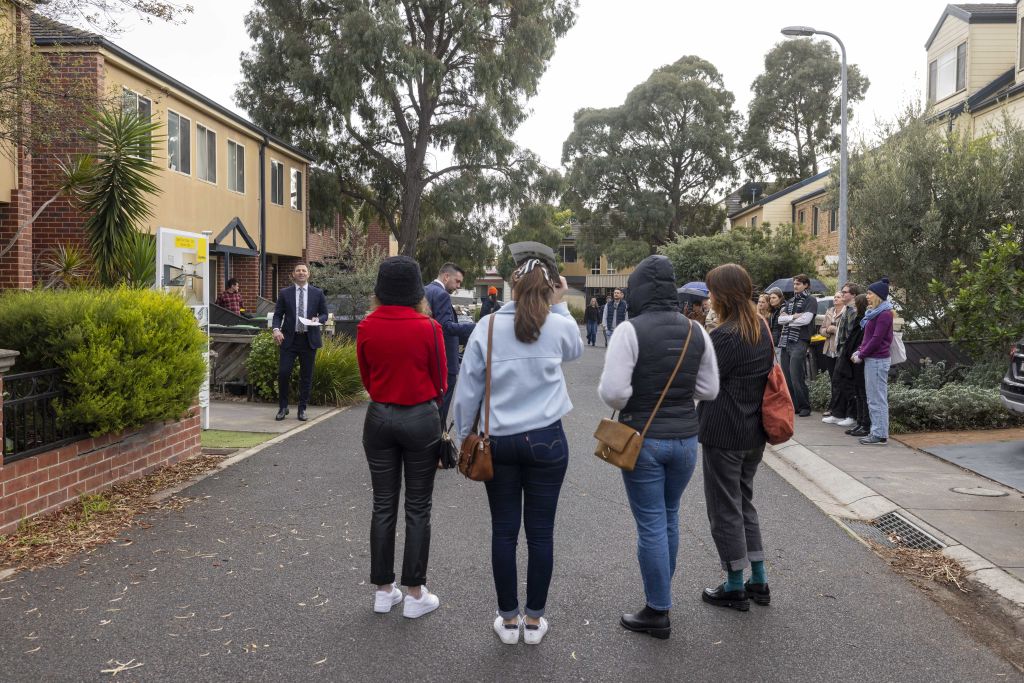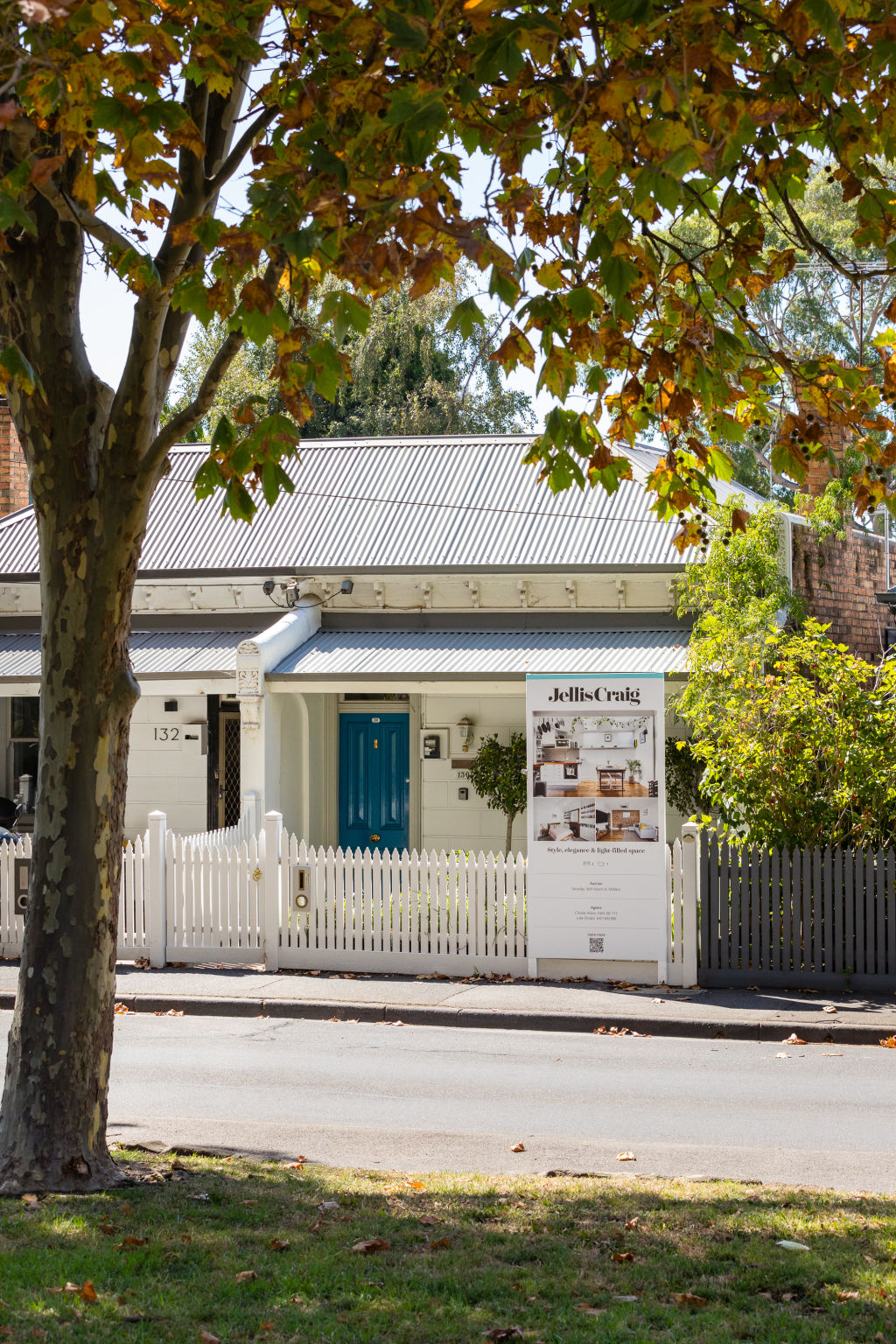Should you buy an investment property with a family member?

Partnering with family to buy a house to live in as an owner-occupier is becoming very popular, but would it also make sense to buy an investment property that way?
It’s not only the bank of mum and dad that’s now being called on to help buy property; it’s also the banks of brothers and sisters, grandparents and sometimes even in-laws.
With house and apartment prices so high and interest rates not looking to drop any time soon, more and more families are pooling resources to invest in the market to spread the expense and risks.



“I’m seeing it a lot now,” says Brett Sutton, a mortgage broker with Two Red Shoes. “In the past few months alone, I’ve had a mother and son buy an investment property together, another mother and daughter, and two brothers, while banks ING and CBA have both introduced specific products for this type of scenario.
“With real estate becoming so unaffordable, people are getting more creative about increasing their purchasing power to get a better property in a more desirable location with a better loan.
“Many parents are helping their kids who might be living in the family home, but this means they’re managing to get a toehold in the market to benefit from capital growth and rents, and improve their financial security.”

It’s also becoming more common for siblings who might be still at home but are managing to save some money and want to make an investment, says Paul Glossop of Pure Property Investment. When they pool their income, their buying capacity for a co-purchase increases tremendously, and they might be able to access a better interest rate and loan conditions.
“The upside in a growth market is that you’re compounding returns,” Glossop says. “The downside is that one person might want to keep the investment for 10 to 15 years, but the other might want to move on and invest in other things.
“You need to have an idea about what you want to do in the first place, and when to do it, and how to divide any profit. You really need to have frank conversations first to stop it becoming a bigger issue later down the track, and be diligent about having an agreement in place, and take tax and brokerage advice.”

However, the major advantage of investing with family is that your partners are usually a known quantity, and there are often lots of opportunities to talk about it before taking the plunge.
Judy Sahay, managing director of Crowd Media Group, knows that only too well. Her brother and sister are investing together, and she’s invested with other family members, including in-laws.
“We realise there’s more value in having a smaller piece of a big pie than a bigger piece of a smaller pie,” she says. “And there’s less risk in investing with people you trust, especially when there are so many scams out there.
“I’m Sri Lankan, and it’s also part of Asian culture for families to invest together, like, in the old days, buying gold. Some people don’t need to invest with other members of their family, but it’s a nice thing to do and share the experience. It becomes a project they can do together and it can bring people closer.”
We recommend
States
Capital Cities
Capital Cities - Rentals
Popular Areas
Allhomes
More










